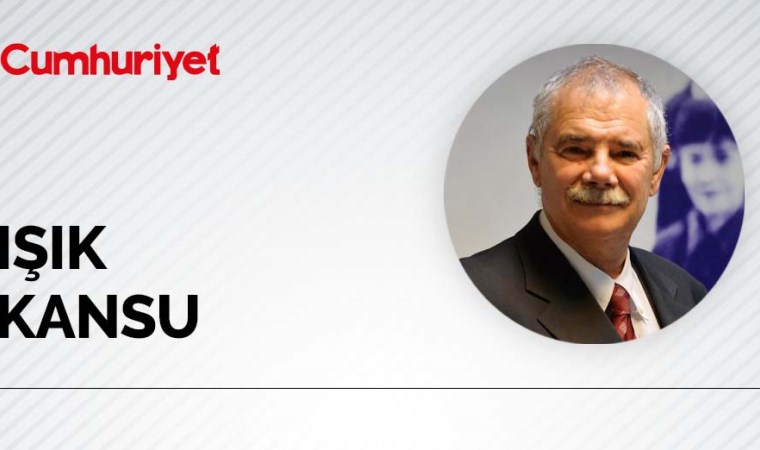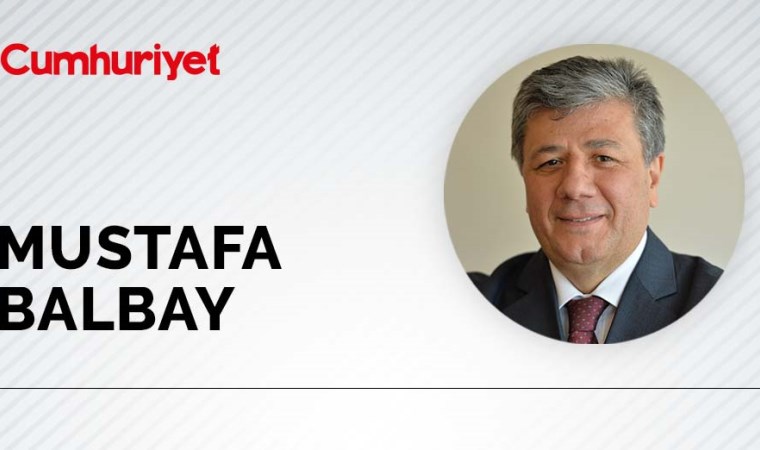Fourteen of Nuriye and Semih's lawyers detained
Hunger-striking educationalists Nuriye Gülmen and Semih Özakça’s sixteen lawyers who were arrested have been charged in connection with their acting as lawyers in this case and in the Berkin Elvan, Dilek Doğan and Hasan Ferit Gedik cases.

Of the lawyers, whose detention was sought by the Republic Prosecution, Didem Baydar, Şükriye Erden, Ayşegül Çağatay, Ebru Timtik, Aytaç Ünsal, Zehra Özdemir, Yağmur Ereren, Engin Gökoğlu, Süleyman Gökten, Aycan Çiçek, Naciye Demir, Behiç Aşçı, Barkın Timtik and Özgür Yılmaz were placed in detention, while Ahmet Mandacı and Ezgi Gökten were released.
Hunger-striking educationalists Nuriye Gülmen and Semih Özakça’s sixteen lawyers who were arrested two days prior to the 14 September hearing were taken to the public prosecutor’s office today following nine days under arrest. Charges were raised in connection with the lawyers’ defences of Nuriye Gülmen and Semih Özakça, their acting as defence counsel in the cases of Dilek Doğan and Berkin Elvan, killed by the police, and Hasan Ferit, killed by a drug gang and their forming delegations with reference to Sur, Cizre, Silvan, Reyhanlı, Soma and Ermenek.
Lawyers Behiç Aşçı, Barkın Timtik, Ebru Timtik, Aytaç Ünsal, Naciye Demir, Ezgi Çakır, Süleyman Gökten, Didem Baydar Ünsal, Ayşegül Çağatay, Şükriye Erdem, Engin Gökoğlu, Özgür Yılmaz, Ahmet Mandacı, Yağmur Ereren, Zehra Özdemir and Aycan Çiçek were today taken from Istanbul Police Directorate to the Istanbul Judicial Complex in Çağlayan as part of an investigation being conducted by Istanbul Republic Chief Prosecution Terrorism and Organised Crime Investigation Bureau prosecutor, Can Tuncay. The sixteen lawyers were sent before the duty Penal Judgeship of the Peace with their detention sought.
Following examination, the lawyers Didem Baydar, Şükriye Erden, Ayşegül Çağatay, Ebru Timtik, Aytaç Ünsal, Zehra Özdemir, Yağmur Ereren, Engin Gökoğlu, Süleyman Gökten, Aycan Çiçek, Naciye Demir, Behiç Aşçı, Barkın Timtik and Özgür Yılmaz were placed in detention, while Ahmet Mandacı and Ezgi Gökten were released.
The following were the most notable charges raised against the lawyers at the prosecutor’s office:
The prosecution entered witness testimony by a detainee named Berk Ercan into the file. The prosecution raised charges over the statements, “They are handling cases with a high public profile such as the cases into Berkin Elvan, Dilek Doğan, Hasan Ferit Gedik, the Sabancı Assassination and the people named Nuriye Gülmen and Semih Özakça who are on hunger strike.”
This is their job
Prosecutor Tuncay raised charges over the statement in Ercan’s testimony that in organisation investigations “they are trying to get involved as defence counsel at the prosecution and court stages.” Tuncay has shown with this charge that he perceives the performance of attorneyship activities to be a crime.
The crime of opposing state of emergency conditions
Prosecutor Tuncay, once more premised on Ercan’s testimony, has entered, “Their pronouncements that, due to state of emergency laws, the time spent under arrest by arrestees from after their statement is taken until they are brought to the judicial complex is an arbitrary practice” into the file as if it were a crime.
The crime of forming a delegation
Prosecutor Tuncay, basing his charges on witness Ercan’s testimony, has on this basis deemed, “Forming delegations with reference to events having a high national profile such as the natural disasters, work accidents and terrorist incidents experienced in areas such as Sur, Cizre, Silvan, Reyhanlı, Soma and Ermenek” to be a crime. The prosecutor has alleged, based on the testimony, that the delegations staged press meetings and statements using the name Popular Front on their return to Istanbul and conveyed their impressions of the regions in coded notes to the organisation’s committee abroad.
Lawyer Ebru Timtik spoke of torture
Lawyer Ebru Timtik, who was arrested in Ankara, said in her statement that torture commenced on their being handed over to the Istanbul police. Timtik spoke of her allegation of torture as follows:
“I wish in particular to mention the torture that was conducted on 18 September. Until that day, I attended inspection by the doctor in a normal manner and returned without there being any problem. But, on that day, we were told they would search us. When we asked the reason, the doctors said we may have taken something. Despite us saying that we were lawyers, we had knowledge of the regulations on taking into custody, we had accordingly been separated from all objects that could harm ourselves and others and a search could not be conducted after each consultation with a doctor or lawyer, they quite literally pounced on us. They hit lawyer Didem Ünsal’s head against the wall. They came to our cells a few hours later on the same day for fingerprints. I was laid down on the ground by a policewoman whom I knew from years ago and who had been accused of and investigated for harassing male suspects. The other police officers also assisted. They took fingerprints by applying pressure to every one of our joints and limbs that you can imagine and twisting our arms back several times. At this moment, the blonde police officer who was known to me, without recognising me, applied pressure to my waist to stop me from breathing. They then pulled my hair and tried to take a photograph. I resisted these moves because my fingerprints had previously been taken at the police station.”
Targeted by the rulership in every period
Bahri Belen, one of the lawyer’s defence counsel, said the following during the examination:
“Lawyers conduct the defence of people who are charged with organisation membership, smuggling, murder, forgery and similar offences. Lawyers do not defend the acts of the clients they are defending, but their legal position, and one of the hardest tasks that lawyers perform is acting as the defence in political trials. This is because on many occasions the political rulership or in certain cases even prosecutors or judges regard lawyers who act as defence counsel as if they were organisation members. Consequently, these lawyers may become the targets especially of the law enforcement agencies and the political rulership favoured in any period.”

En Çok Okunan Haberler
-
 Bahçeli'nin açıklamaları sahaya nasıl yansıdı?
Bahçeli'nin açıklamaları sahaya nasıl yansıdı?
-
 Cinsel içerikli videolar çeken karı-koca tutuklandı
Cinsel içerikli videolar çeken karı-koca tutuklandı
-
 PKK Suriye’nin Silahlı Kuvvetleri Oluyor
PKK Suriye’nin Silahlı Kuvvetleri Oluyor
-
 İstanbul'da berber ücretlerine dev zam!
İstanbul'da berber ücretlerine dev zam!
-
 CHP ne yapmalı?
CHP ne yapmalı?
-
 Özgür Özel, Erdoğan'a seslendi
Özgür Özel, Erdoğan'a seslendi
-
 Kılıçdaroğlu’ndan videolu mesaj
Kılıçdaroğlu’ndan videolu mesaj
-
 Ölü ve yaralılar var!
Ölü ve yaralılar var!
-
 Erdoğan'dan Özel'in 'savaş ilanı' sözlerine yanıt
Erdoğan'dan Özel'in 'savaş ilanı' sözlerine yanıt
-
 Cem Yılmaz'ın yeni evi dudak uçuklattı!
Cem Yılmaz'ın yeni evi dudak uçuklattı!